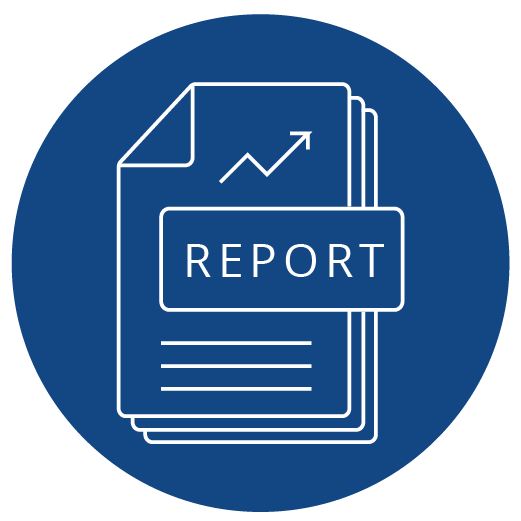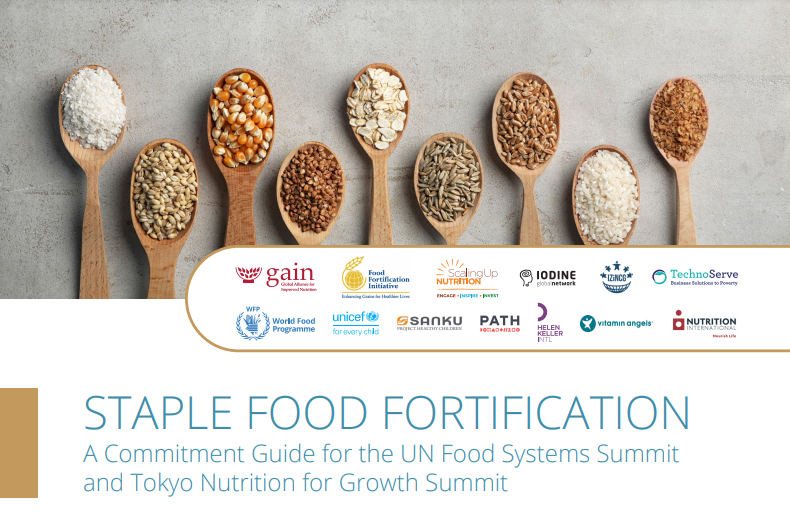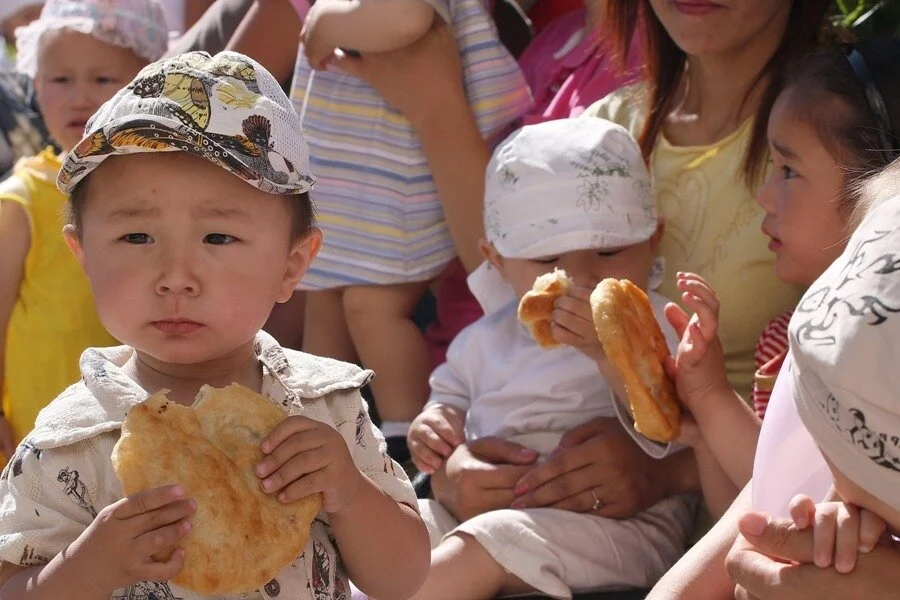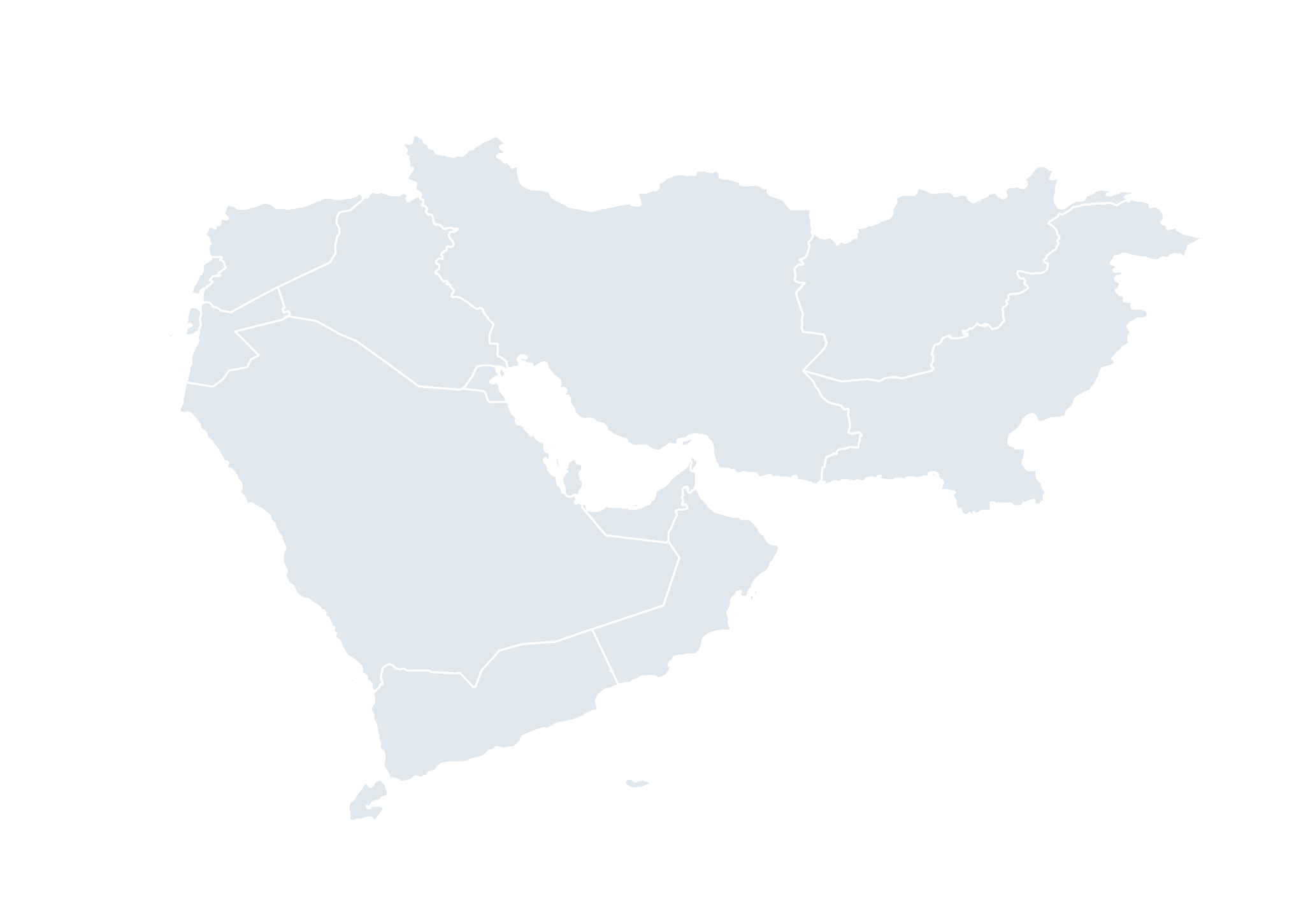Africa
Photo: RTI
FFI supports countries in Africa to develop and expand wheat flour, maize flour, and rice fortification strategies. We provide expertise to governments, food producers, civic groups, and others through sustained technical assistance and innovative trainings on promoting, planning, implementing, and monitoring fortification. For more information on the unique data-driven approach that FFI uses to prioritize country assistance and support in the region, see our Africa regional strategy.
We also work closely with regional bodies such as the Southern Africa Development Community (SADC), which represents 16 countries in southern Africa, and the East, Central, and Southern Africa Health Community (ECSA-HC), which represents nine countries across east, central and southern Africa.
Working regionally is an effective way to boost our impact. Regional guidance helps provide political buy-in and backing for national fortification efforts and provides countries with a strong starting point for their own national programs. FFI has a long history of working with these regional bodies.
FFI in Action
One of FFI’s innovative approaches to ensure high-quality fortified foods are available in Africa is a grassroots Pull Strategy that engages consumer and civic society groups in commercial monitoring and advocacy. With pilot implementation projects in Malawi and Uganda, we have provided local advocates with the technical assistance and coordination they need to ensure adequately fortified foods are available on the market. This approach is particularly useful when national efforts to obtain quality information through government regulatory inspectors are constrained. This self-sustainable approach enables local advocates to build evidence-based recommendations that governments and food producers can use to improve adherence to national fortification standards.
In Uganda, we saw a marked improvement in compliance to national standards for vegetable oil and wheat flour following implementation of the Pull Strategy as a result of sharing market analysis results and engaging with food producers and parent groups of children with spina bifida.
Photo: SADC October 2018 regional meeting in Johannesburg, South Africa.
Specifically, FFI
Collaborates with national leaders to secure buy-in for national grain fortification programs
Supports the drafting of national fortification strategies
Supports the drafting of national fortification standards that would identify the type and level of nutrients to be added to the wheat flour, maize flour, and/or rice based on current consumption patterns and nutritional needs
Supports millers and government inspectors in the scale-up for fortification
Supports millers and governments in the design of effective monitoring frameworks for the fortification program
Aids in identifying innovative approaches to collecting compliance information where there are current constraints
Supports regional bodies such as SADC, ECSA, and ECOWAS to identify regional constraints to fortification and to support the design of regional guidelines and frameworks that can be used to guide national programming, such as the Smarter Futures-supported October 2018 SADC Monitoring Workshop
Our Goal
Reach 233 million people with fortified wheat flour, maize flour, and rice over the next 5 years.
Region Profile
In Africa, 29 countries have mandates to fortify wheat flour. Several countries in this region fortify more than half of their industrially milled wheat flour even though it is not mandatory. These include Democratic Republic of Congo, Namibia, Sierra Leone, and Swaziland. In addition, many countries also fortify cooking oil, maize flour, sugar, and salt as part of their comprehensive nutrition strategy.
See the table below for a list of which countries have mandatory grain fortification, and click on the country name for more information such as the nutrients included in the country standard. See the Global Fortification Data Exchange (GFDx) in English or in Spanish (en español) for information on when the country’s legislation was passed and whether the country also fortifies cooking oil and salt.
Opportunities
Wheat Flour
Across North Africa, wheat is the most widely available cereal grain. Yet Morocco is the only North African country with an active fortification program. Egypt at one time fortified much of its wheat flour, and we are working closely with national leaders to restart the program. Wheat flour fortification in Algeria, Tunisia, and Libya would likely reach the entire population because industrially milled wheat flour is widely available.
In the rest of Africa, wheat is typically imported and milled in large facilities at or close to sea ports. This industry structure allows for cost-effective fortification. Commonly consumed wheat products include bread, pasta, chapati, and small cakes called mandazi that are often sold as snacks in roadside stalls.
Maize Flour
Though maize flour is the primary cereal consumed in many African countries, less than 30% of the industrially milled maize on the continent is fortified. In 2016, representatives of government, grain milling, and development sectors from 14 countries in Africa met to deliberate the need to scale up maize flour fortification programs. Their work resulted in an Africa Maize Fortification Strategy for 2017-2026. The maize strategy is used as a reference to develop national fortification strategies for implementation by maize consuming countries.
Rice
At least 19 countries in Africa have more than 75 grams of rice per person per day available for human consumption. In 12 of these countries, fortification of rice imports and the limited supply for domestically produced, industrially milled rice represents an opportunity to improve nutrition for 146 million people. Currently Mali has a voluntary, market-based rice fortification program. See more information on the potential for rice fortification in Africa. Also see a supplement from Sight and Life and the World Food Programme on Scaling Up Rice Fortification in West Africa.
Harmonized Standards
As Africa experiences a rising trend in economic growth and emerging common markets, regional bodies are harmonizing fortification standards. This facilitates trade across country borders. This has proven particularly effective in West Africa as multiple partners work together to "Fortify West Africa". See related stories in English and French.
In the ECSA region, common East Africa fortification standards have been developed. New initiatives are underway in the SADC region.
Partnerships
Long-term engagement and collaboration among a broad-based coalition of public, private, and civic partners committed to multiple nutritional interventions is essential for Africa to improve public nutrition and achieve the Sustainable Development Goals.
From 2007-2021, the Smarter Futures program provided fortification technical support and training for flour millers, government food control staff, and other stakeholders in Africa. a A public-private-civic partnership, Smarter Futures was funded by the Ministry of Foreign Affairs of the Netherlands.
Under the Smarter Futures project, FFI led projects in collaboration with its partners to strengthen flour fortification in Africa with hands-on technical assistance and trainings. The program expanded global resources for effective fortification implementation, monitoring, and advocacy training across countries in east, west, and southern Africa.
Smarter Futures partners included FFI as the main implementing partner, the Global Alliance for Improved Nutrition and the International Federation for Spina Bifida and Hydrocephalus as project holders, and steering team members: Buhler, Helen Keller International, Muhlenchemie, Nouryon, Nutrition International, and the World Food Programme.
Smarter Futures Reports
Fortification Legislation Status
Click on any of the column headings to sort the list by country, wheat flour, maize flour, or rice.
Loading...
Our definition of legislative status:
Mandatory: Country has legislation that has the effect of mandating fortification of one or more types of wheat or maize flour or rice with at least iron or folic acid.
Voluntary: Country has standard for fortification, but fortification is not mandatory.
If the information we have is incorrect, please send updated information to info@ffinetwork.org







































